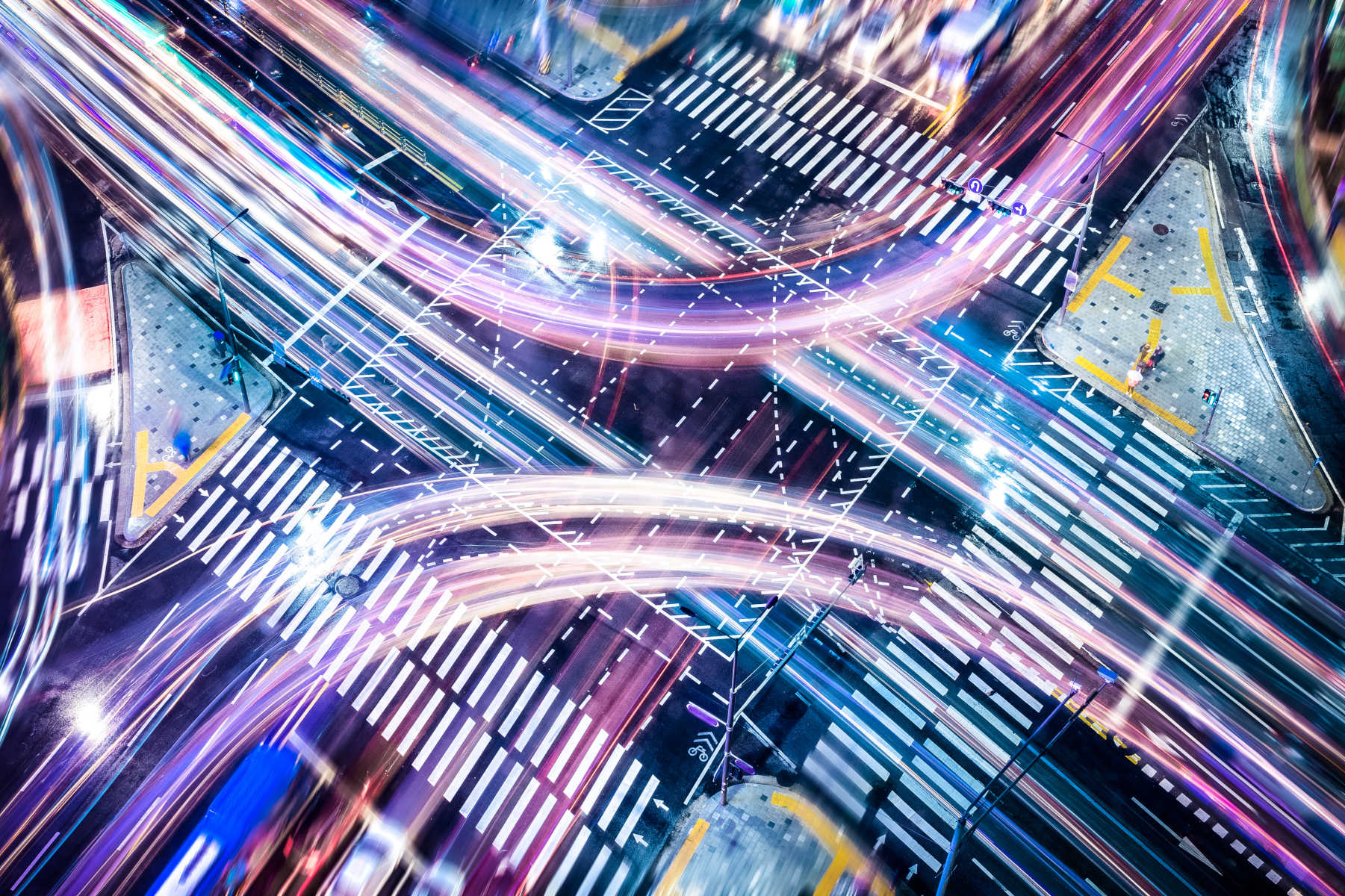Singapore is accepting applications for digital banking licences, robots are sorting cash and a central banker proposes a digital reserve currency.

Digital banks wanted. Non-banks may apply
Banks may be screaming “no más” as non-bank players enter the ring. No Monetary Authority of Singapore (MAS), that is. MAS announced this week that it’s now accepting applications for digital banking licences. These licences will be granted to non-bank organizations and are in addition to the digital operations of existing Singaporean banks.
MAS will issue up to two digital full banking licences and three wholesale banking licences. Full banks will be allowed to take deposits and provide services to retail and non-retail customers, while wholesale banks will be allowed to serve medium-sized enterprises and other non-retail customers. But it requires that “applicants for the digital full bank licence must additionally be anchored in Singapore, controlled by Singaporeans and headquartered in Singapore.”
Bloomberg reports that Grab, Razer, Malayan Banking and Overea-Chinese Banking have already expressed interest. Licences are expected to be issued in mid-2020, with successful applicants expected to start business by mid-2021.
Many have expressed concerns over big tech moving into banking (such as Royal Bank of Canada President and CEO Dave McKay, speaking at a recent conference, and the Financial Stability Board, in a recent report). Is a government allowing non-banking players to operate fully digital banks further opening the door to this move?
I (CICI), Robot
If you’re visiting a bank branch, it may not be a human who helps you. And now, humans might not be working in the backroom, either. For the past few years, robots have been greeting customers and providing information at banks around the world. Now, ICICI Bank, one of the largest private-sector banks in India, is using industrial robotic arms to count physical currency.
It’s already deployed 14 arms at its cash vaults in 12 cities across India. The arms use sensors to assess more than 70 parameters and sort 6 million notes each workday — or about 1.8 billion notes annually.
A new (digital) world order?
Bank of England Governor Mark Carney has suggested creating a global electronic currency that could replace the U.S. dollar as the world’s reserve currency. Speaking at the Jackson Hole Economic Symposium, Carney pointed out that “the dollar represents the currency of choice for at least half of international trade invoices, around five times greater than the U.S.’s share in world goods imports, and three times its share in world exports” and that “two-thirds of both global securities issuance and official foreign-exchange reserves are denominated in dollars.”
The dominance of the U.S. dollar creates trade, capital flow and savings distortions in the world economy and limits the ability of countries to implement domestic monetary policy. Even countries with limited direct economic exposure to the U.S. can be affected by movements in the dollar. Carney argues that a multipolar international financial system with multiple reserve currencies is a better approach and could possibly be implemented through “a network of central bank digital currencies.”
As a starting model, Carney mentions Facebook’s proposed stablecoin Libra, which would be backed by multiple reserve currencies. But he wonders if such a currency would not be better provided by the public sector. We here at Walmer Road Writing will toss in our two cents (or 0.0000015 bitcoin) and say yes. Yes, it would.

Douglas Warren is a co-founder of Walmer Road Writing. He’s a corporate writer with expert knowledge of financial markets, economics, insurance and commercial real estate.

